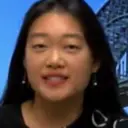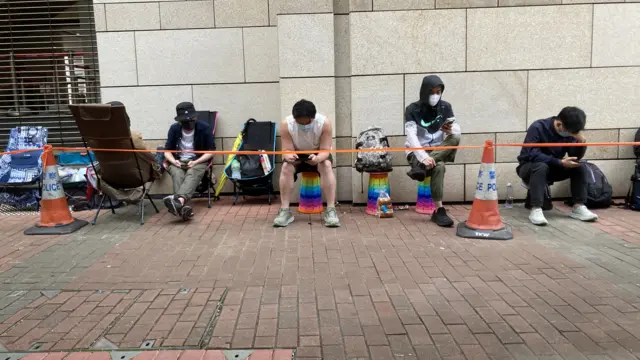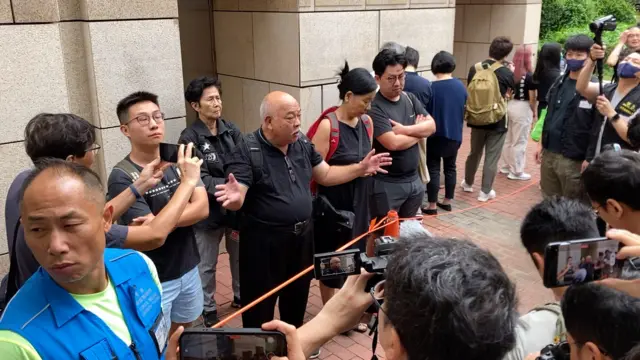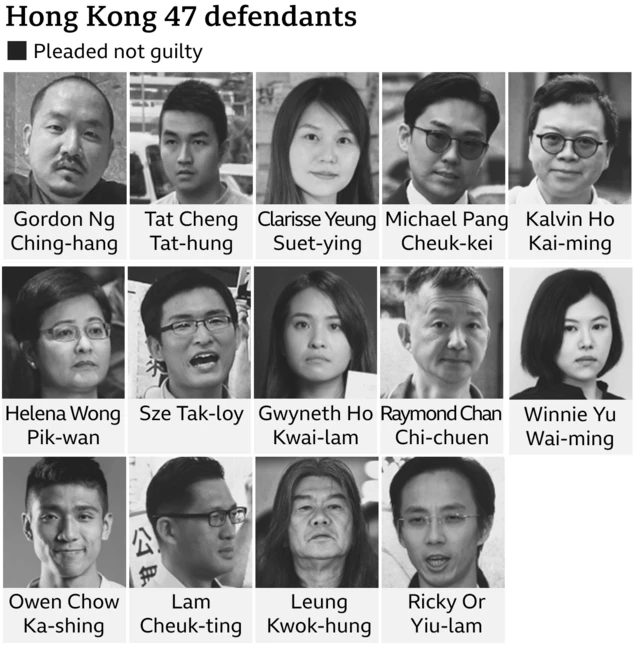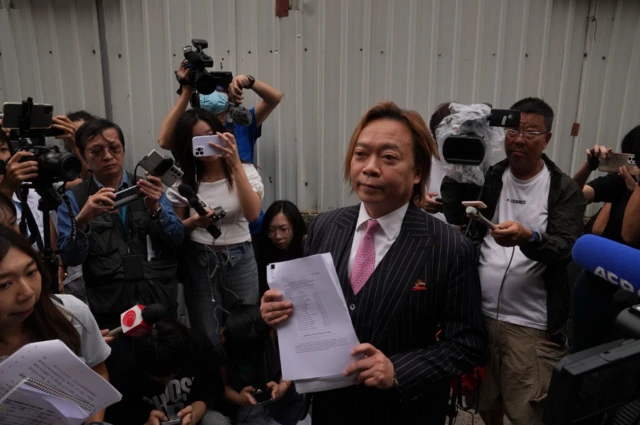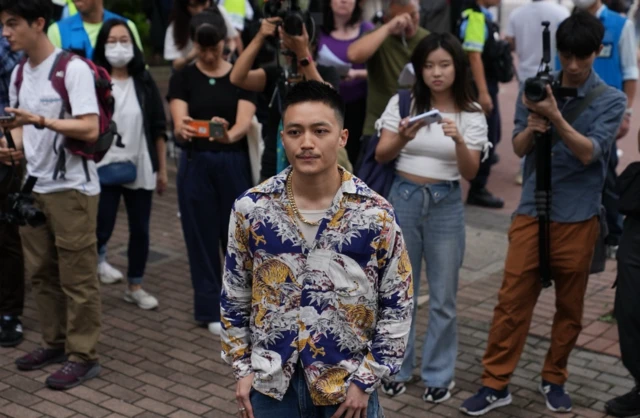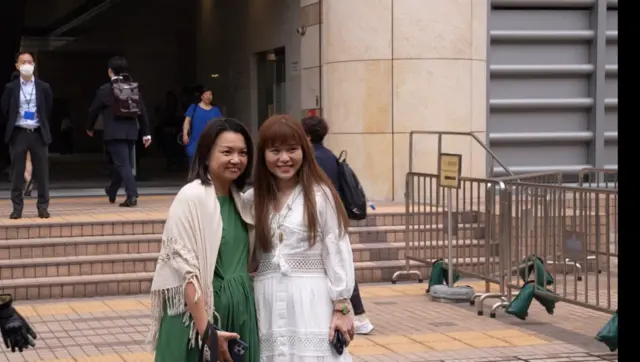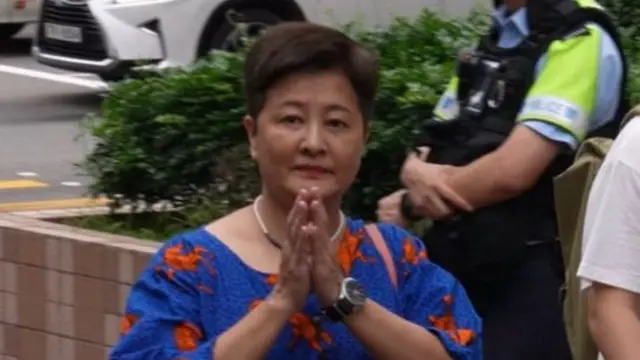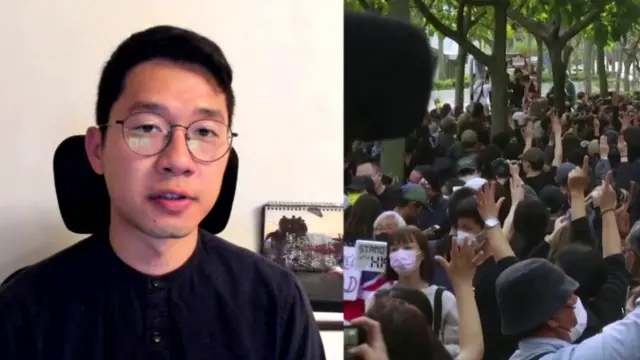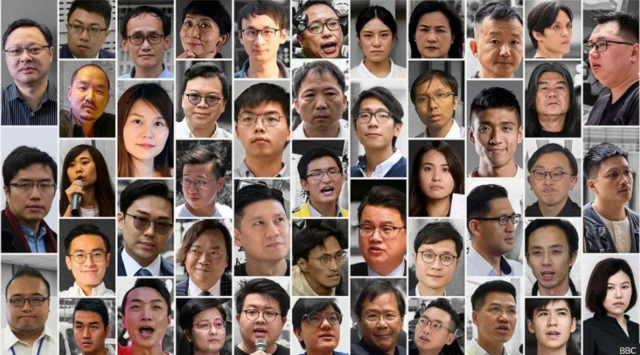'Utter contempt for rule of law' - Human Rights Watchpublished at 04:20 BST 30 May 2024
We have just heard from Human Rights Watch, which has criticised the verdict as showing an "utter contempt for both democratic political processes and the rule of law".
"Democracy is not a crime, regardless of what the Chinese government and its handpicked Hong Kong court may say," Maya Wang, acting China director at Human Rights Watch, said in a statement.
"Beijing promised Hong Kong people universal suffrage. It is Beijing that needs to be held accountable for repeatedly reneging on these promises, and for blatantly erasing the basic human rights guaranteed in Hong Kong laws and functional constitution.”
Hong Kong authorities have yet to comment on the verdict but the judges wrote in their executive summary that they agree with the prosecution's argument that the actions of the activists would have created a "constitutional crisis".
